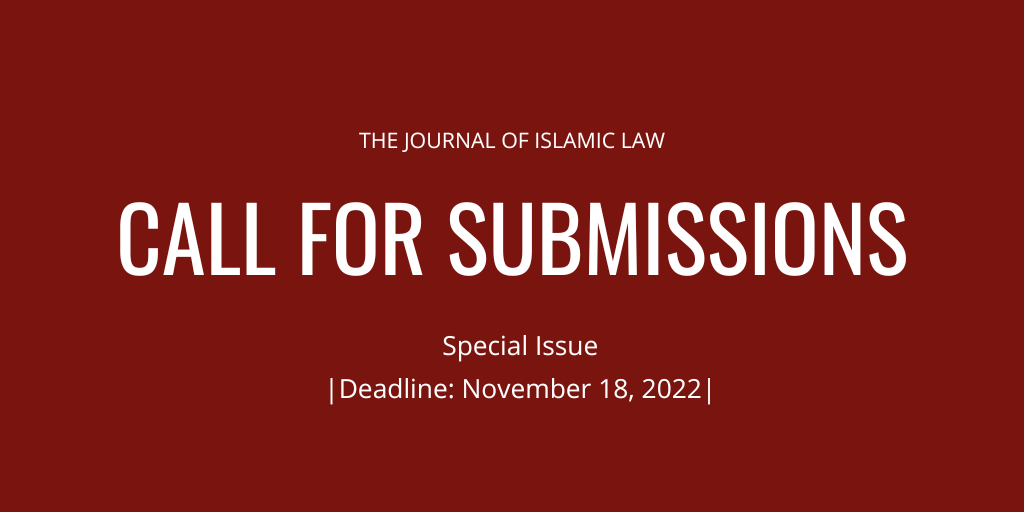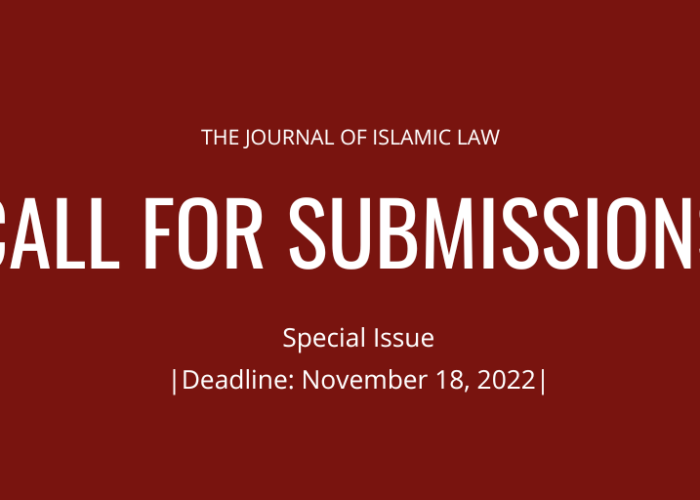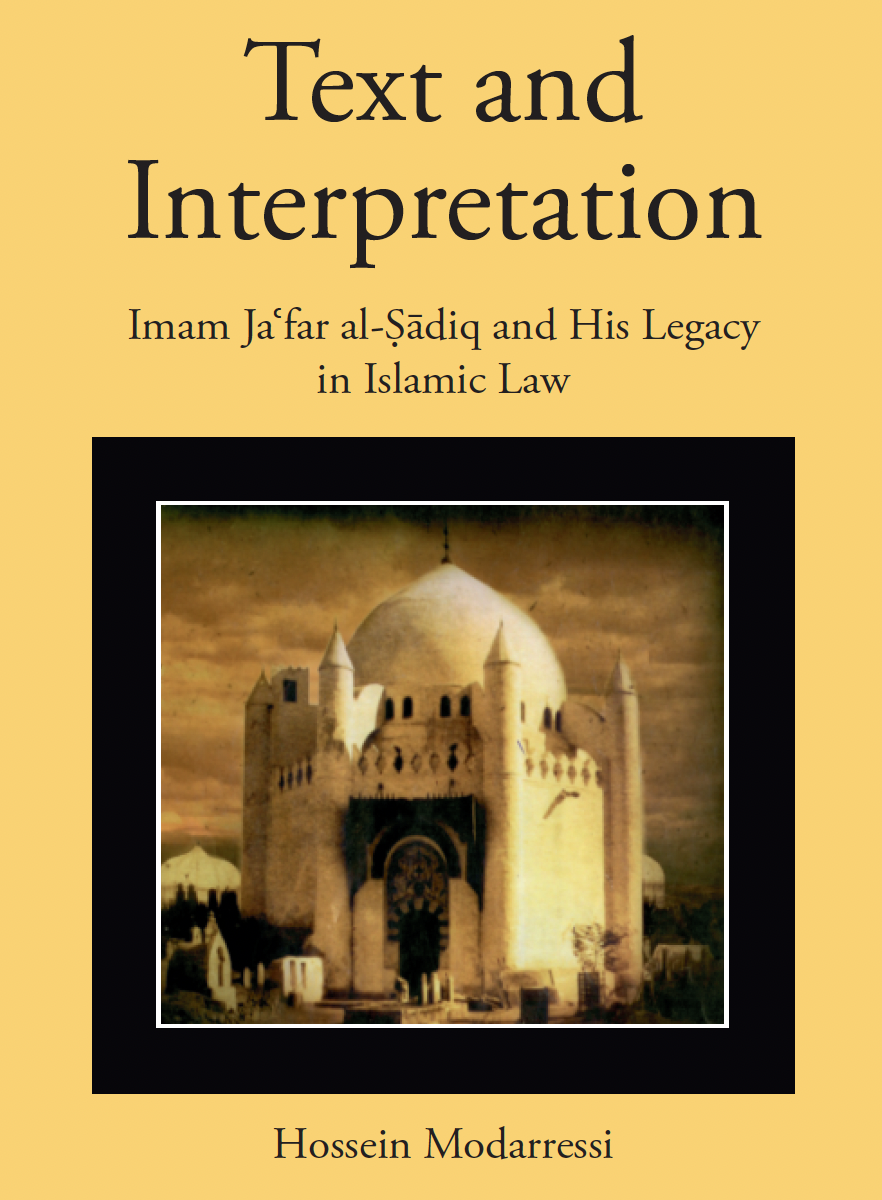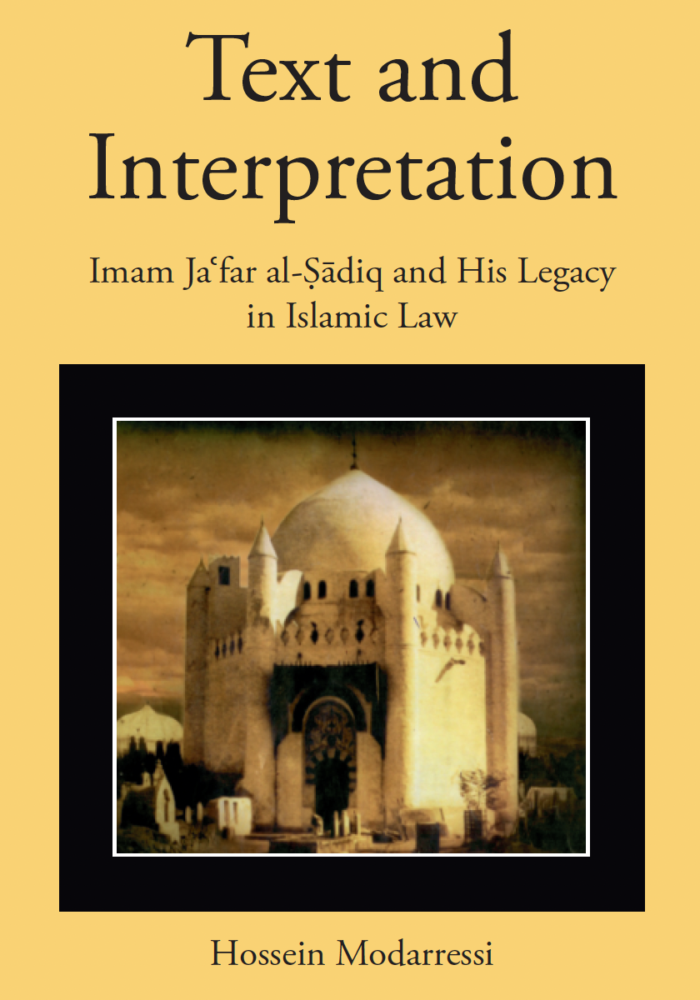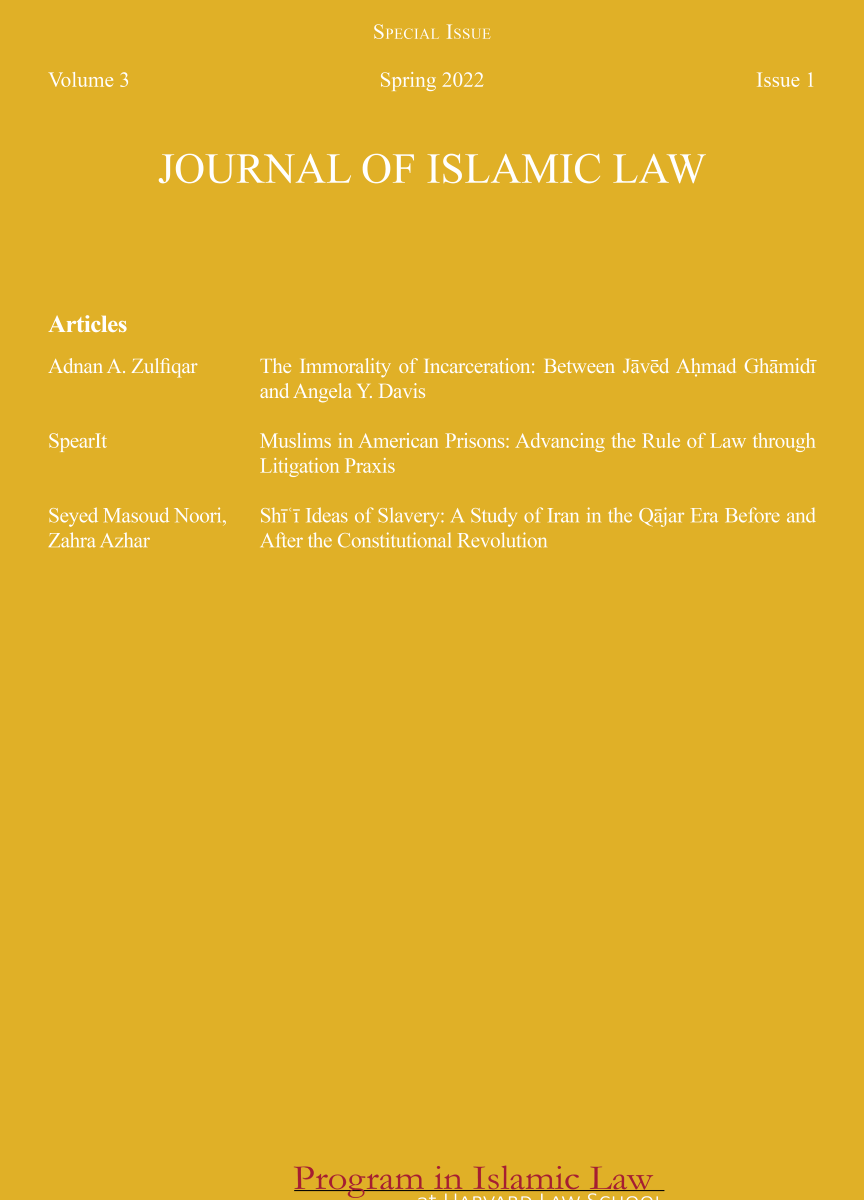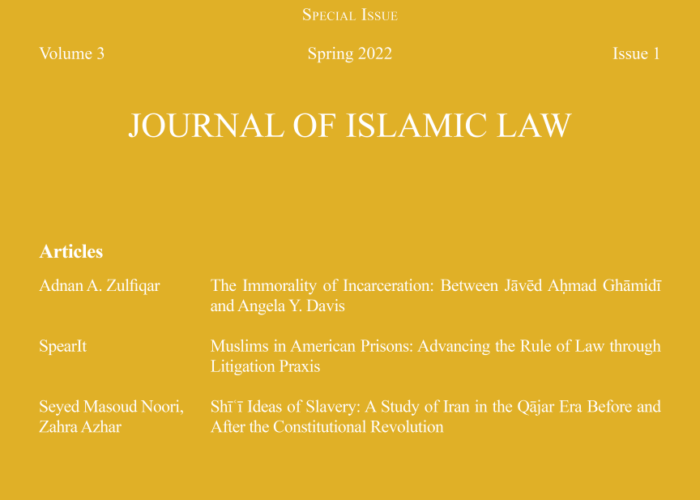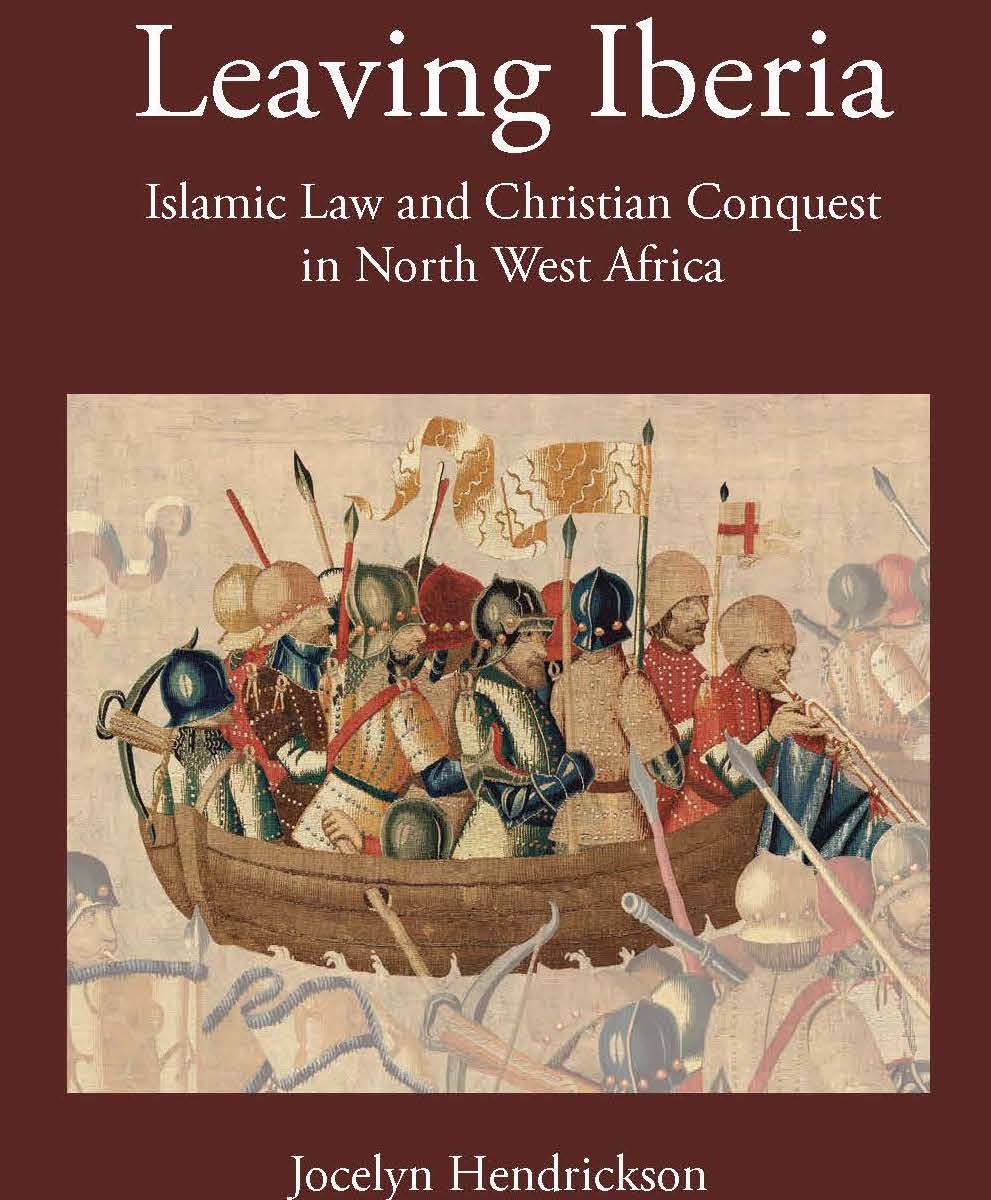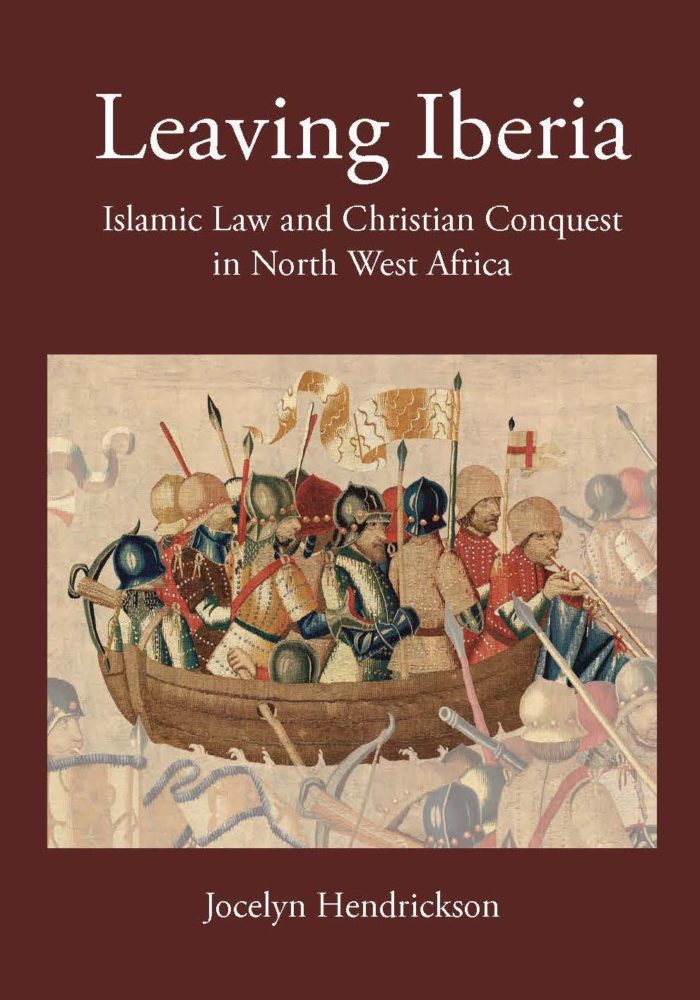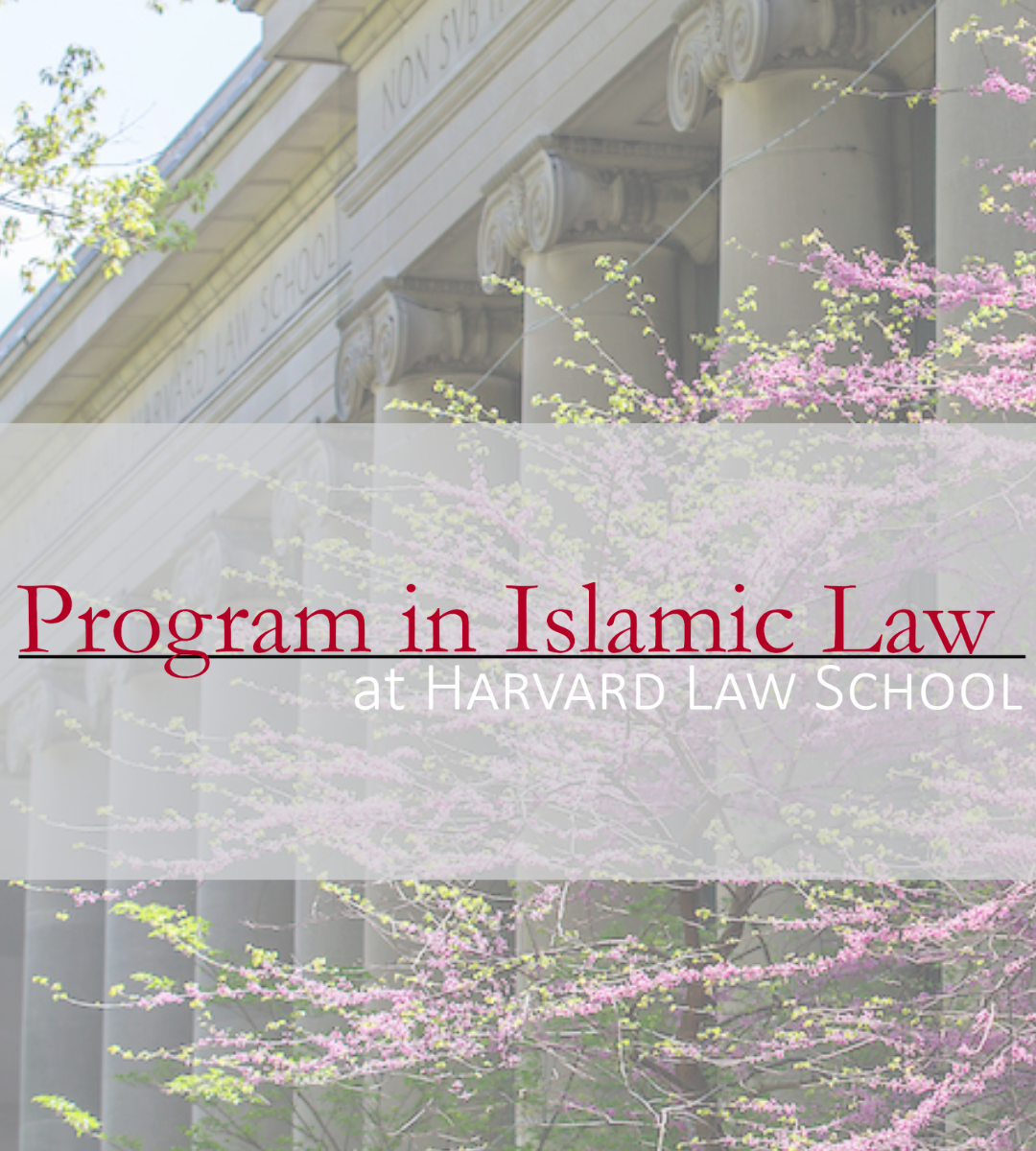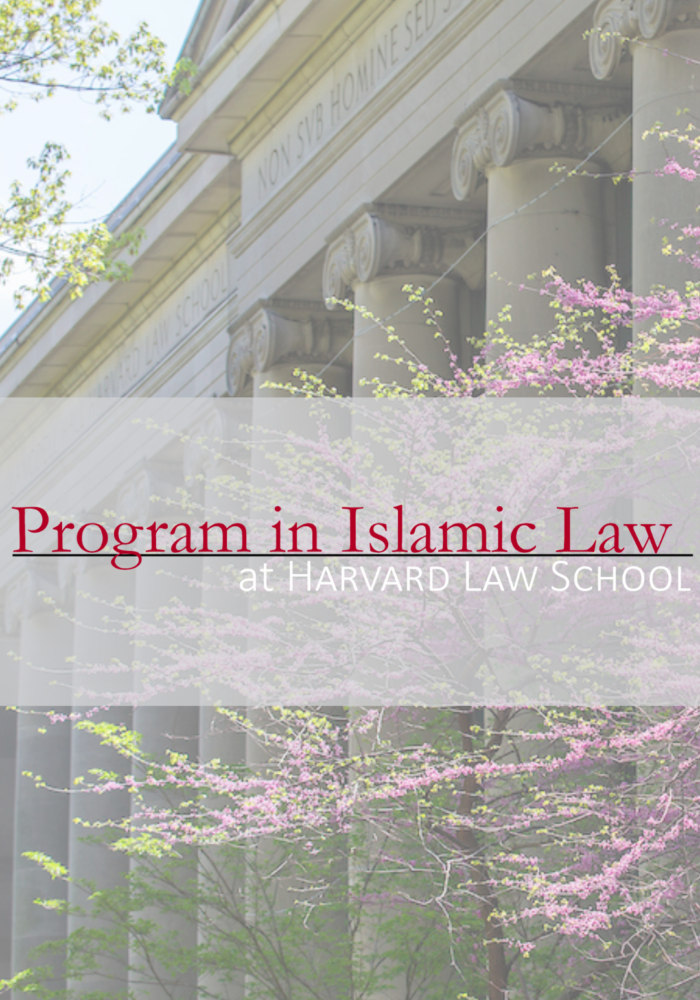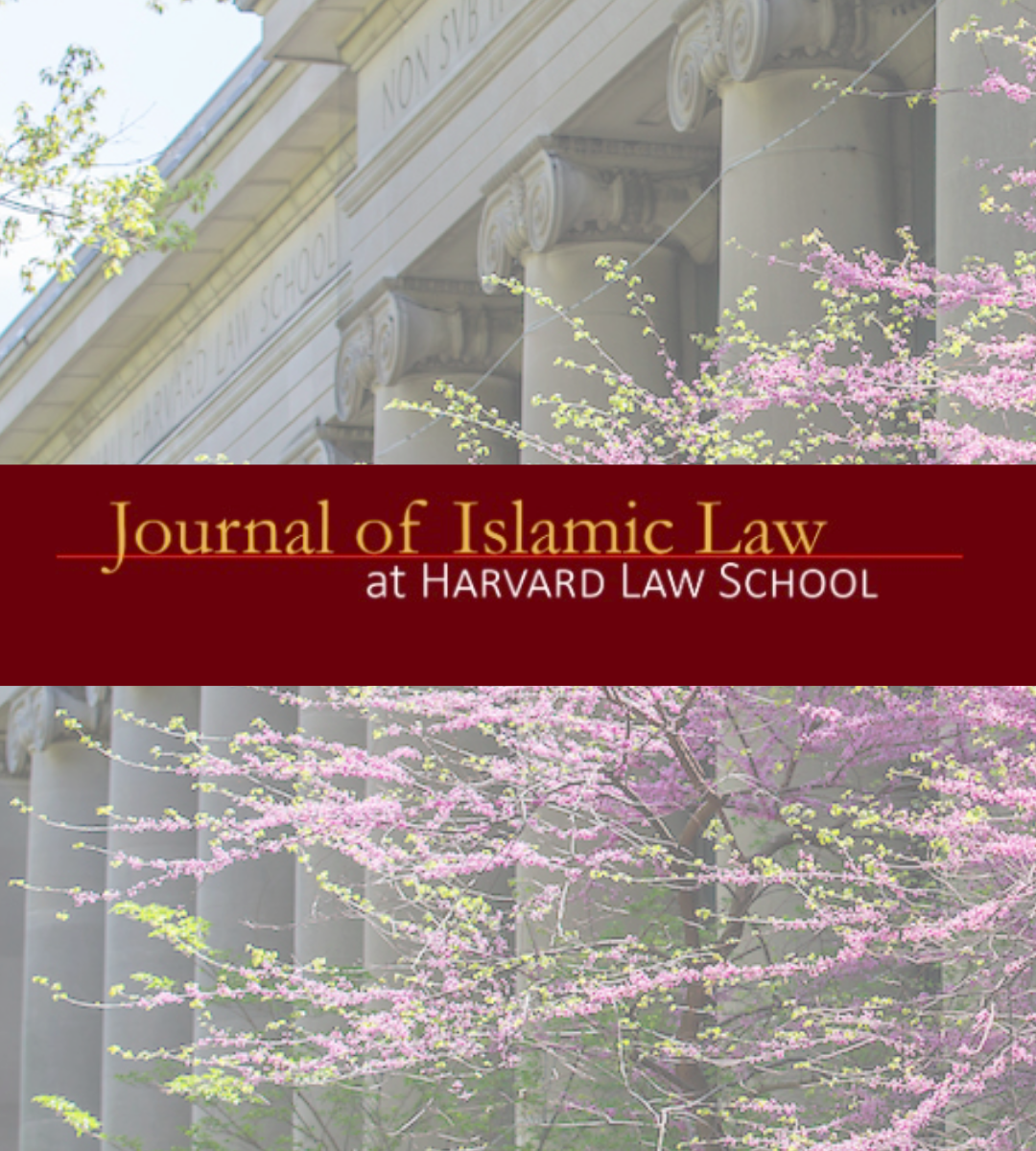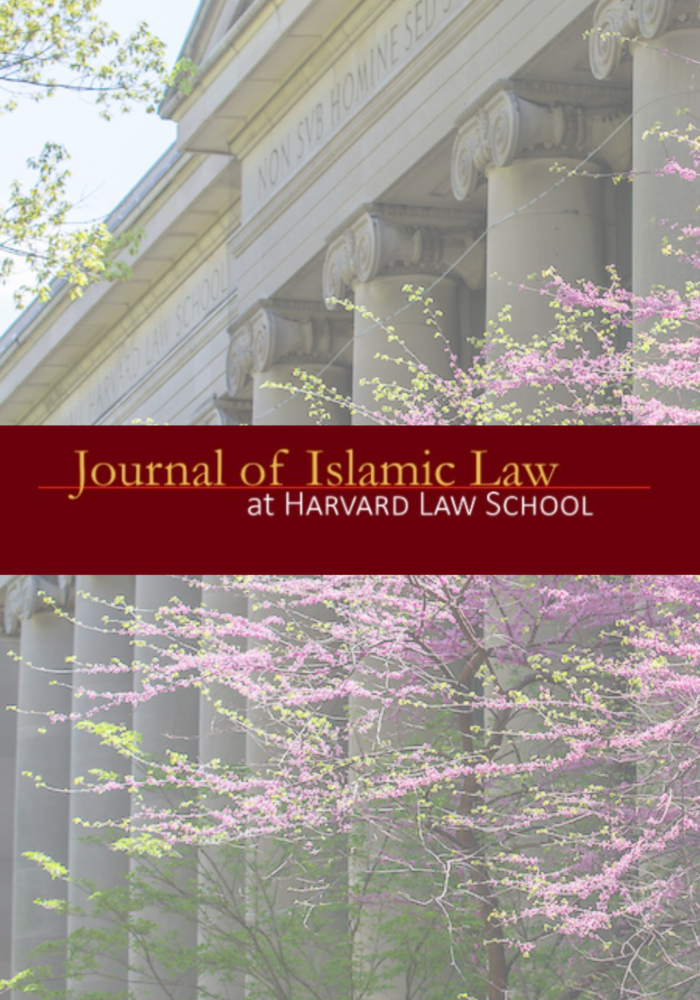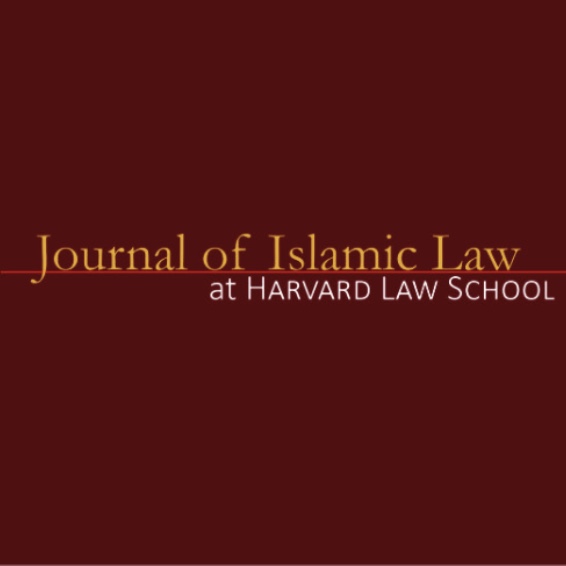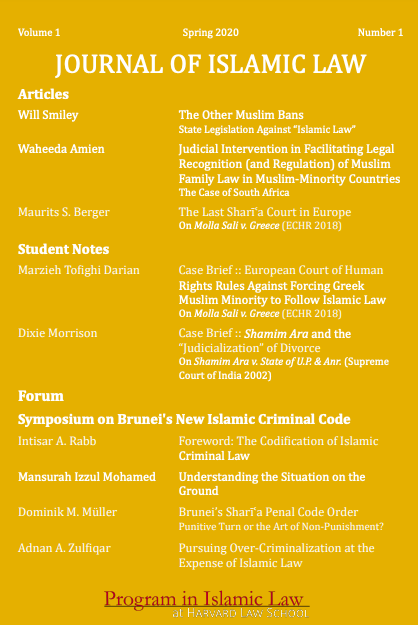Journal of Islamic Law Volume 4: Special Issue – The Dynamics of Islamic Law with the Rise of Modernity
Posted on June 15, 2023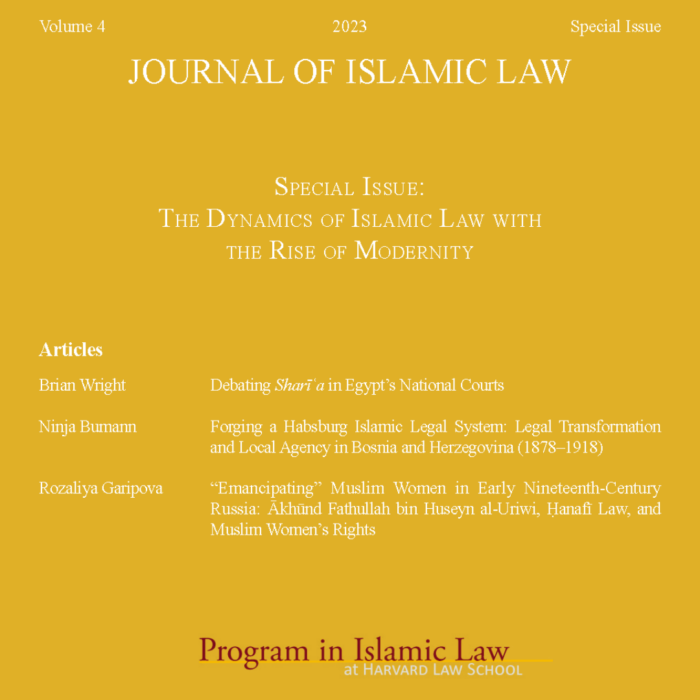
We are pleased to announce the publication of the fourth issue of the open-access, peer-reviewed Journal of Islamic Law, a special issue titled “The Dynamics of Islamic Law with the Rise of Modernity.”
We invite you to digitally explore the fourth issue which explores the interactions between Islamic law and other legal traditions during the modern period, particularly in the contexts of colonialism, imperialism, and centralized bureaucratic states from the eighteenth to early twentieth centuries. The three essays in the issue contribute to the ongoing scholarly debates that present contrasting views on the fate of sharīʿa during this period. Between the two sides of this debate, there is a space ripe for exploring the fitness and movement of Islamic law in the contested period between tradition and modernity.
This special issue includes an introduction by this Special Issue’s Editor and current PIL Research Fellow, Dilyara Agisheva (Harvard Law School), and essays by Brian Wright (McGill University), Ninja Bumann (University of Vienna), and Rozaliya Garipova (Nazarbayev University), that illustrate the interaction of sharīʿa within the imperial and nascent nation-state legal systems with the coming of modernity. Together, the authors’ conclusions contribute to a new wave in the study of Islamic legal dynamism and resilience. Read these essays today!



